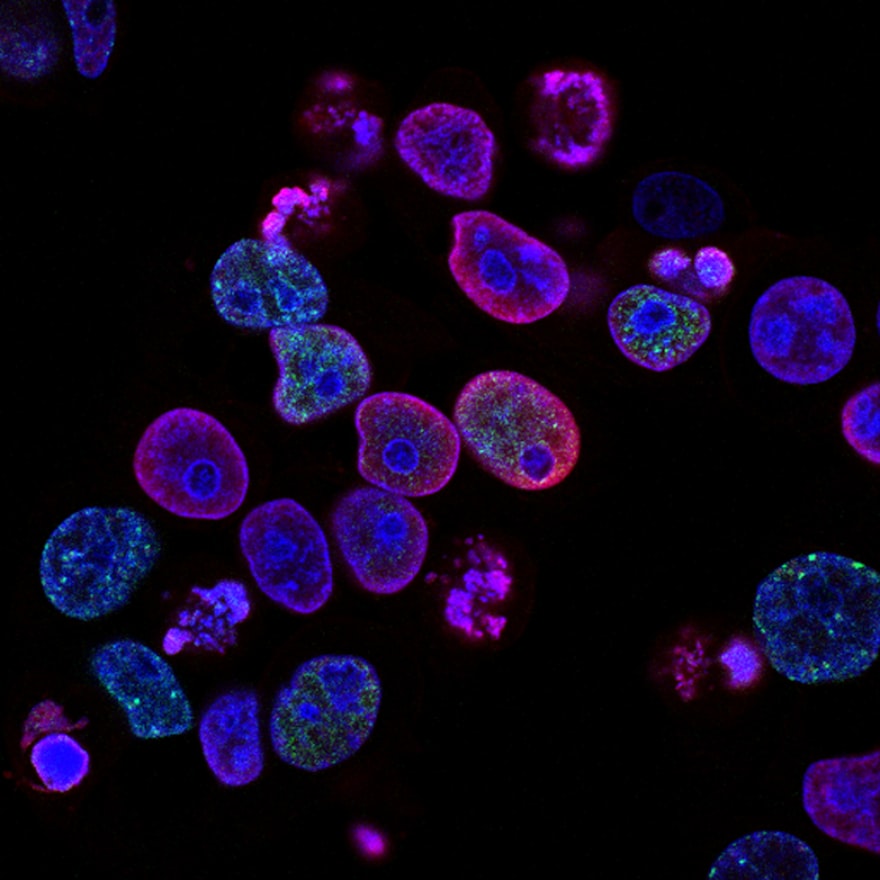Discover the Wonders of Science: Incredible Facts You Need to Know
Science, the pursuit of knowledge and understanding through systematic study and experimentation, has been a driving force behind human progress for centuries. From unraveling the mysteries of the universe to creating groundbreaking technologies, science has shaped the world we live in today. In this article, we will explore the wonders of science and delve into incredible facts that will leave you awe-inspired.
1. What is Science?
At its core, science is a methodical approach to exploring the natural world. It involves making observations, asking questions, and formulating hypotheses that can be tested through experiments. The goal is to uncover the underlying principles that govern various phenomena and events.
2. The Evolution of Science
- Early Contributions
The roots of science can be traced back to ancient civilizations, where scholars made significant contributions in astronomy, mathematics, and medicine. Thinkers like Aristotle and Galileo laid the groundwork for future scientific endeavors.
- Scientific Revolution
The Renaissance and the Scientific Revolution marked a turning point in scientific history. Pioneers like Copernicus, Kepler, and Newton revolutionized our understanding of the cosmos, motion, and gravity.
- Modern Developments
In the modern era, science has grown exponentially, thanks to advancements in technology and collaboration among scientists worldwide. The establishment of scientific institutions and peer-reviewed journals further accelerated progress.
3. The Scientific Method
At the heart of scientific inquiry lies the scientific method, a systematic approach that ensures objectivity and reliability in research.
- Observation and Question
Scientists begin by observing natural phenomena and posing relevant questions about them. These questions form the basis of their research.
- Hypothesis
A hypothesis is an educated guess or a tentative explanation for the observed phenomena. It serves as the foundation for conducting experiments.
- Experimentation
Through carefully designed experiments, scientists test their hypotheses and collect data to analyze and draw conclusions.
- Analysis and Conclusion
Scientists analyze the data to determine whether it supports or refutes the hypothesis. The results are then shared with the scientific community through publications and presentations.
4. Incredible Scientific Discoveries
Science has witnessed numerous groundbreaking discoveries that have transformed our understanding of the world. Here are some of the most incredible ones:
- DNA Structure and Genetics
The discovery of the DNA structure by Watson and Crick in 1953 paved the way for genetics and molecular biology, unlocking the secrets of heredity and evolution.
- Theory of Relativity
Albert Einstein's theory of relativity revolutionized physics, providing a new understanding of gravity, space, and time.
- Quantum Mechanics
Quantum mechanics, with its principles of uncertainty and superposition, revolutionized our understanding of the subatomic world.
- Penicillin and Antibiotics
Alexander Fleming's discovery of penicillin in 1928 revolutionized medicine, saving countless lives by treating bacterial infections.
- Internet and Communication
The creation of the internet opened up a new era of global communication and access to information.
5. Astronomy and Space Exploration
Humanity's quest to explore the cosmos has yielded remarkable insights into the universe.
- The Big Bang Theory
The Big Bang Theory explains the origin of the universe and its continuous expansion.
- Space Probes and Missions
Unmanned space probes have provided invaluable data about distant planets and celestial bodies.
- Exoplanets and Alien Life
The discovery of exoplanets has fueled the search for extraterrestrial life.
6. Medical Breakthroughs
Medical science has made tremendous strides in improving human health and well-being.
- Vaccination
Vaccinations have eradicated or significantly reduced the impact of deadly diseases.
- Organ Transplants
Organ transplant procedures have saved countless lives.
- Cancer Treatments
Advancements in cancer research have led to more effective treatment options.
7. Technological Advancements
Technology has transformed the way we live and interact with the world.
- Artificial Intelligence
AI has opened up new possibilities in various fields, from healthcare to finance.
- Nanotechnology
Nanotechnology has revolutionized material science and drug delivery systems.
- Renewable Energy
Efforts in renewable energy aim to address environmental challenges and reduce dependence on fossil fuels.
8. Environmental Impact of Science
While science has brought many benefits, it also poses challenges to the environment.
- Climate Change
Human activities have contributed to climate change, necessitating urgent action.
- Conservation Efforts
Scientific research plays a crucial role in conservation efforts to protect biodiversity.
9. Science and Society
Science has a profound impact on society and shapes our daily lives.
- Education and STEM Fields
Promoting science education fosters innovation and empowers future generations.
- Ethical Considerations
Advancements in science raise ethical dilemmas that require careful consideration.
10. Science in the Future
The future of science holds incredible possibilities and potential advancements.
- Interstellar Travel
Scientists are exploring the feasibility of interstellar travel and potential colonization of other planets.
- Artificial Intelligence Evolution
The evolution of AI raises questions about its impact on society and humanity.
11. Conclusion
Science is an extraordinary journey of discovery that has transformed the way we perceive the world. From unraveling the mysteries of the cosmos to creating life-saving technologies, science continues to inspire and amaze us. Embracing and supporting scientific endeavors will lead us to a brighter and more enlightened future.
12. FAQs
Q1: How has science changed the world?
Science has changed the world by improving our understanding of nature and providing technological advancements that enhance our quality of life.
Q2: What are some recent scientific breakthroughs?
Recent scientific breakthroughs include gene-editing technologies like CRISPR, advancements in renewable energy, and progress in quantum computing.
Q3: How does science impact everyday life?
Science impacts everyday life through medical advancements, technological innovations, and improved infrastructure, among other aspects.
Q4: What role does science play in addressing environmental challenges?
Science
plays a vital role in understanding environmental issues and developing sustainable solutions to address challenges like climate change and pollution.
Q5: How can individuals contribute to scientific progress?
Individuals can contribute to scientific progress by supporting scientific research, staying informed, and engaging in STEM-related activities and education.




0 Comments